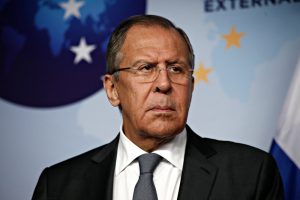American Express Bank becomes the first foreign bank to voluntarily relinquish its license
Others are reading now
In a significant move reflecting the growing financial and political tensions between the West and Russia, American Express has decided to close its subsidiary in Russia.
Voluntary Liquidation
According to Lenta the decision by “American Express Bank” to voluntarily liquidate its operations, rather than sell its business, was reported by Interfax, citing data from the Unified State Register of Legal Entities (EGRUL).
American Express Bank becomes the first foreign bank subsidiary to voluntarily relinquish its license instead of pursuing a sale within Russia. The bank received presidential approval for its voluntary liquidation in May 2024.
This development follows a decree by President Vladimir Putin in October 2022, which banned transactions involving shares and stakes in 45 banks, including American Express Bank. This decree was part of broader efforts to control foreign influence and financial activity within Russia amid escalating sanctions and geopolitical strife.
Also read
Following U.S. Sanctions
American Express had already suspended its partnerships with Russian entities in March 2022, citing compliance with U.S. and international sanctions.
The company acknowledged its limited business ties in Russia and reiterated its commitment to adhering to relevant laws as the situation evolved.
“We followed U.S. sanctions and those of international partners, leading to the suspension of cooperation with partner banks in Russia. We will continue to comply with all relevant laws as the situation develops,” American Express representatives stated.
The withdrawal of American Express underscores the broader trend of foreign financial institutions reevaluating their presence in Russia.
For instance, Italian bank UniCredit SpA has sought clarification from the European General Court regarding the European Central Bank’s (ECB) directives to reduce its footprint in Russia.
UniCredit has already significantly reduced its exposure, with cross-border risks falling by 91% and country-specific risks by 65%. However, the bank is concerned that the ECB’s stringent conditions could lead to “serious unforeseen consequences” and wants to ensure that the ECB has not overstepped its authority.








